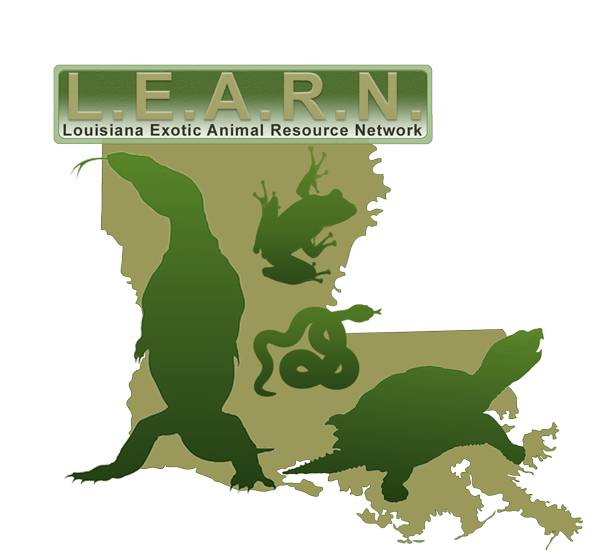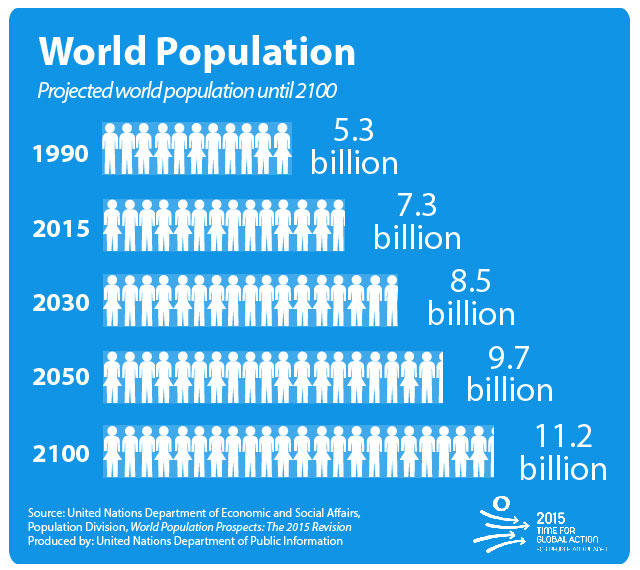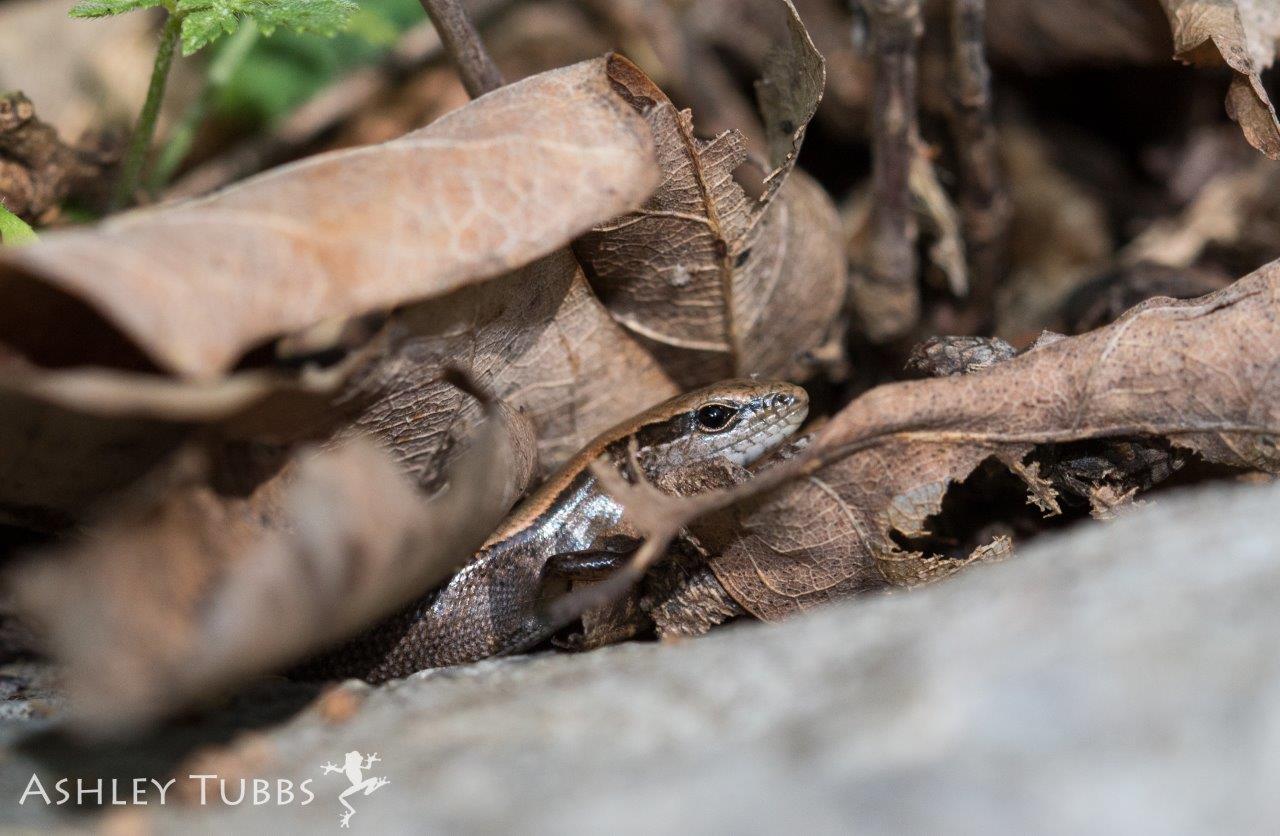Habitat destruction, degradation, and fragmentation
(this is generally acknowledged to be the primary cause of wildlife decline)Collection for food and pet trade
Climate change
Pollution including pesticides, hormones, and altered pH levels
Disease, e.g., Chytrid Fungi, Ranavirus, Mycoplasma agassizii in Gopher Tortoises, Snake Fungal Disease
Incidental (collateral) mortality, such as sea turtles caught in commercial fishing nets
Direct human interference, such as killing snakes on sight
Introduced species, e.g., cats, rats, and goats
Some of these may be difficult for the individual naturalist to see a way to change. However, although these are global issues, change typically begins locally. If our goal is, as the saying goes, to “be the change we wish to see,” our successful efforts will often spread and gain traction. Regardless of what the rest of the world does, many of these items must be addressed locally each place they occur. Mitigation of invasive species, for example, can and should be addressed at the state or local level. Curbing the wanton and needless killing of harmless and beneficial animals such as snakes is behavior we can confront when we encounter it. The collection of wild herps for food and the pet trade puts tremendous pressure on local populations, and each state should work to carefully regulate this activity. Not to be overlooked is the option also to get involved with various global conservation organizations. There are many that could certainly use all the help they can get.
Do not let being “just one person” deter you! The more we consider these issues, the more wisdom you will find in the adage, “Think Globally—Act Locally.”


